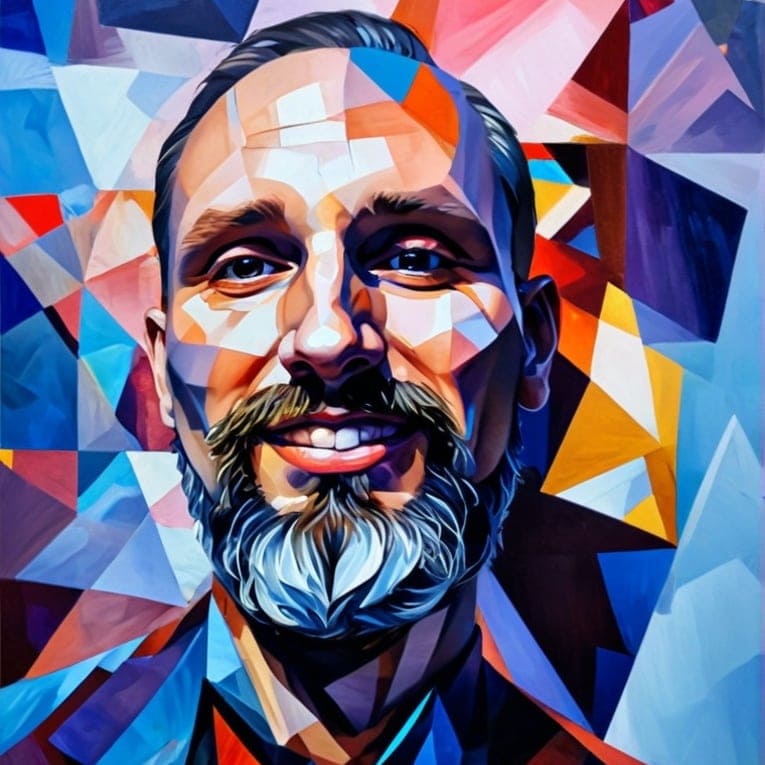Briefly
Dreamcatchers are intricate Native American objects, traditionally used as protective charms. They are typically round, featuring a woven web or net within a frame, often adorned with sacred items such as feathers and beads. The Dreamcatcher is believed to trap bad dreams in its web, allowing only good dreams to pass through and reach the dreamer. It carries a strong symbolism of protection, positivity and filtering out negativity.
- Symbolism: Protection, positivity, filtration of negative energy.
Dreamcatcher in Dreams
Psychoanalytically, dreaming about a Dreamcatcher can indicate one’s subconscious desire for security and safeguarding. It could be a reflection of the dreamer’s attempt to filter out negative aspects of life, focusing on the positives. Moreover, it could also symbolize an exploration of one’s Native American roots or an interest in spirituality and cultural symbolism.
- Symbolism: Desire for security, focus on positivity, exploration of roots, interest in spirituality.
See also our Free Dream Interpretation Tool.
Dreamcatcher in Myths and Folklore
In Native American folklore, particularly among the Ojibwe and Lakota nations, the Dreamcatcher holds a significant place. The Ojibwe people believe that a mystical spider woman, known as Asibikaashi, protects the children of the tribe. As the tribe expanded, Asibikaashi couldn’t protect all children personally, so mothers and grandmothers crafted the Dreamcatchers. The Dreamcatchers acted as a proxy, representing her protective web, thus shielding the children from bad dreams. The Lakota nation has a slightly different legend where a spiritual leader had a vision of Iktomi, the trickster and teacher of wisdom, in the form of a spider. Iktomi spun a web on a willow hoop and imparted the wisdom that good and bad forces exist in the world, and the Dreamcatcher can help filter the bad ones.
- Symbolism: Protection, maternal love, wisdom, balance of good and bad forces.
Dreamcatcher Spiritual Meanings
Spiritually, Dreamcatchers symbolize a connection to the natural world, spiritual protection, and the cyclical nature of life due to their circular shape. They are seen as tools to encourage positive energy, dreams, and visions. The use of natural materials in their construction further reinforces the importance of living in harmony with nature.
- Symbolism: Connection to nature, spiritual protection, positivity, cyclical nature of life, harmony.
Dreamcatcher Tattoo Meaning
In tattoo art, a Dreamcatcher symbolizes protection, specifically from negative energies and bad dreams. It’s often chosen by individuals who value their dreams, seeking positive energy, or want to emphasize their Native American heritage. The intricate design of a Dreamcatcher tattoo may also symbolize the complexity and interrelatedness of life and dreams.
- Symbolism: Protection, heritage, complexity of life, value of dreams.
FAQs
What is the meaning of a Dreamcatcher?
The Dreamcatcher is a Native American amulet believed to protect individuals from negative dreams, allowing only positive dreams to reach the dreamer. It symbolizes protection, positivity, and a connection to nature and spirituality.
What does a Dreamcatcher symbolize in a dream?
From a psychological perspective, a Dreamcatcher in a dream can symbolize a desire for security, focus on positivity, exploration of one’s roots, and an interest in spirituality.
What does a Dreamcatcher tattoo symbolize?
A Dreamcatcher tattoo symbolizes protection from negativity and bad dreams, an appreciation for one’s dreams and positive energies, and can also represent a connection to Native American heritage. The intricate design can also symbolize the complexity and interconnectedness of life and dreams.
What is the significance of Dreamcatchers in folklore and mythology?
In Native American folklore, Dreamcatchers are symbolic of protection, particularly for children. They are also associated with wisdom, the balance of good and bad forces, and maternal love.

Reviewed by Alexander Lys, M.L., a specialist in the field of symbolism research and dream psychology. A certified participant in numerous psychological seminars and courses, the author of hundreds of articles on psychology, including studies on symbolism in dreams and myths from a scientific perspective.



